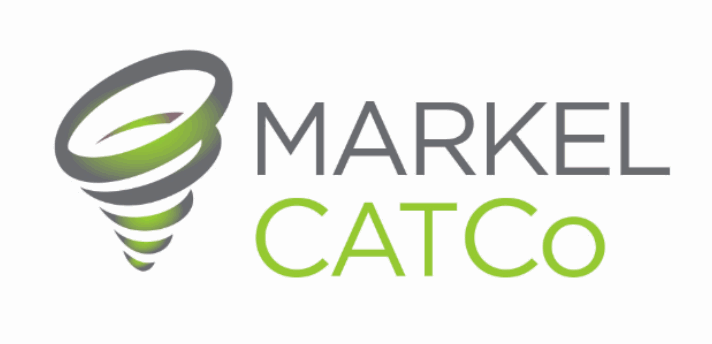CATCo portfolio sees 2018/19 side pockets develop favourably again

The CATCo retrocessional reinsurance investment portfolio has experienced additional favourable development in the final quarter of 2022, with the net asset values (NAV’s) increasing again as side pocket loss reserves continue to prove to have been set conservatively.
The CATCo retro reinsurance investment funds have consistently experienced favourable loss reserve development against the majority of its side pockets over the last few years, during their winding-down.
We’ve documented the developments reported through the running off of Markel CATCo’s retrocessional reinsurance portfolios, with significant value recovered for investors, as loss reserves have proved more than adequate in many cases, as reported by the listed CATCo Reinsurance Opportunities Fund.
Now, with the CATCo investment portfolio and fund’s having significantly decreased in size, as capital has been returned to investors where possible, the remaining net assets in run-off continue to generate more value for those with stakes left in the CATCo portfolio.
Today, the London stock exchange listed CATCo Reinsurance Opportunities Fund reported that its now quarterly NAV increased in the period to the end of last year.
This NAV increase was attributable to, “favourable loss reserve development in relation to the underlying Side Pocket Investments from the 2018 and 2019 underwriting years,” the CATCo Reinsurance Opportunities Fund said.
When this listed retro ILS fund reports in this way, it is safe to assume that the private ILS funds operated by Markel CATCo also experienced a similar NAV increase, as the underlying side pockets apply to all strategies from the retro portfolio.
As a reminder, Markel CATCo Investment Management had established side pocket loss reserves for a range of catastrophe events from the 2018 and 2019 underwriting year.
For the 2018 underwriting year, these included hurricanes Michael and Florence, Japanese typhoon Jebi and the 2018 California wildfires.
For 2019, these included hurricane Dorian, Japanese typhoons Faxai and Hagibis and the Australian bushfires.
It’s difficult to understand which events specifically have seen their loss reserves reduced, but we have heard from other retrocession underwriters that certain positions related to the Japanese typhoons have seen some improvement, as too have some wildfire losses and hurricane losses from these years.
As these elements of the remaining trapped collateral get released, Markel moves closer to finalising the CATCo run-off, which in time will see the costs associated with the exercise stop flowing to the parent company.






